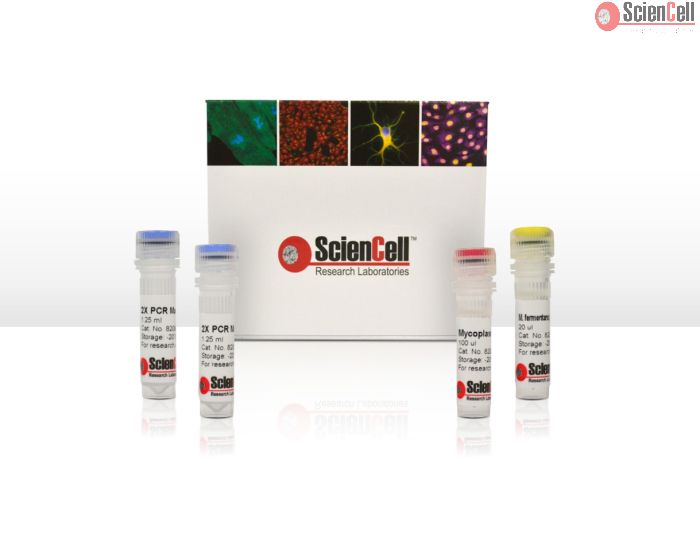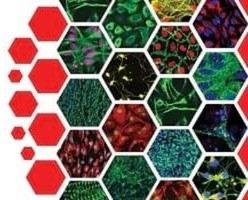Mycoplasma PCR Detection Kit
Catalog No.
8208
ScienCell™ Mycoplasma PCR Detection Kit is a 16S rRNA-based PCR assay consisting of 2×PCR master mix (which includes PCR buffer, DNA polymerase and dNTPs), mycoplasma primer set, and a positive control, which is noninfectious genomic DNA (gDNA) of M. fermentans.
$304.00
In Stock

